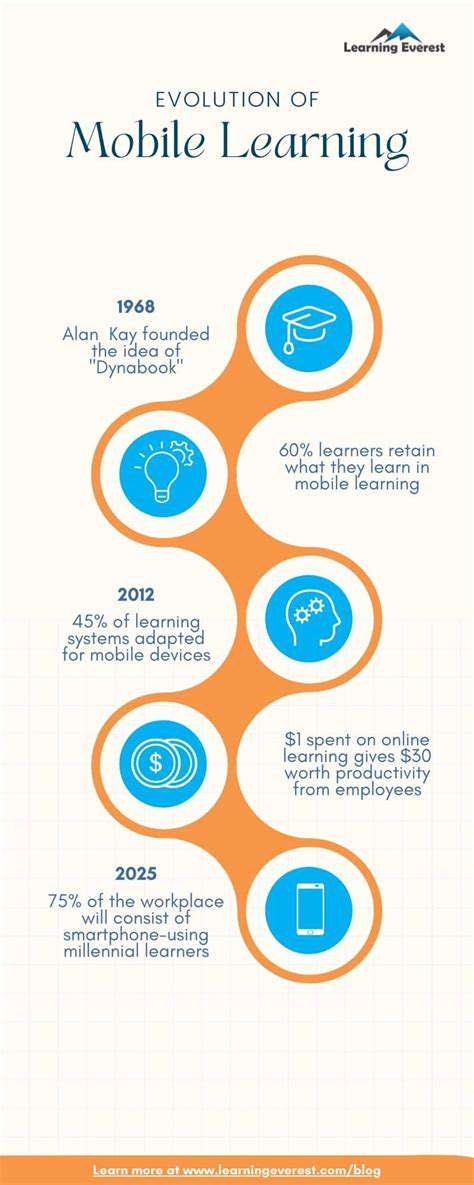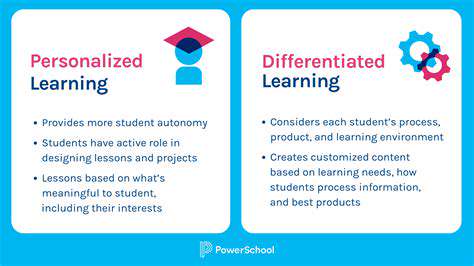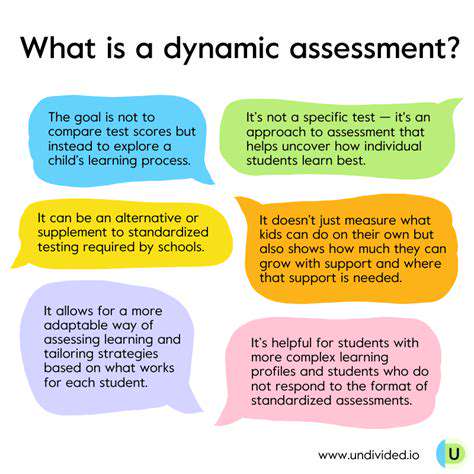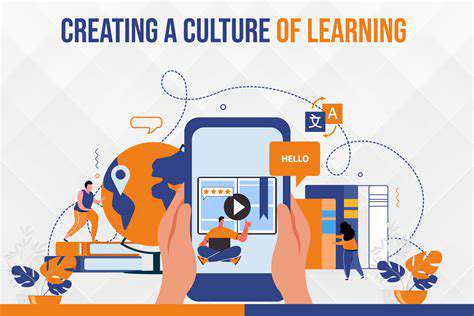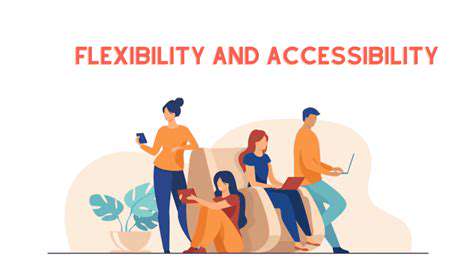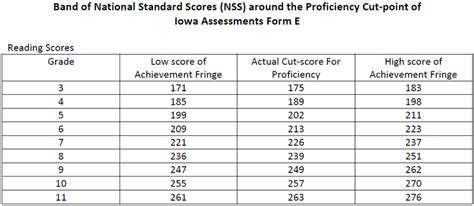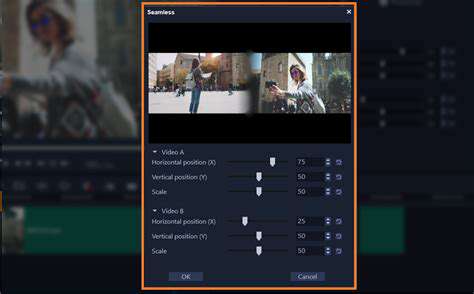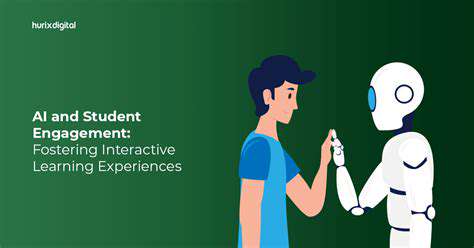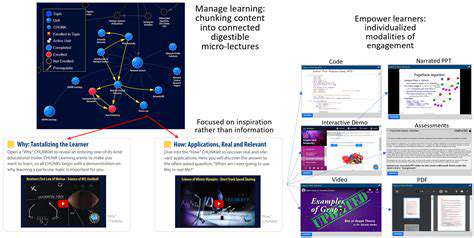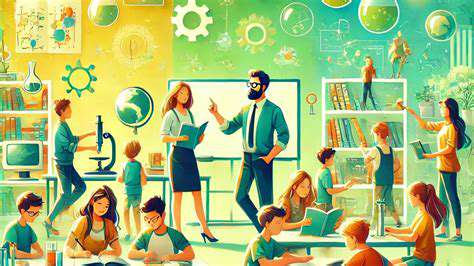VR for Special Education: Tailored Immersive Experiences
VR for Mathematics Instruction
Virtual reality (VR) offers unique opportunities for enhancing mathematics instruction in special education settings. VR environments can create immersive and interactive learning experiences, allowing students to manipulate and visualize abstract mathematical concepts in a safe and engaging space. For example, a VR application could allow a student with a learning disability to explore geometric shapes in 3D, rotating and examining them from various perspectives. This kinesthetic approach could significantly improve understanding and retention of complex mathematical ideas, fostering a deeper comprehension of the subject matter.
VR can also facilitate individualized practice and reinforcement of mathematical skills. Adaptive learning platforms within VR can cater to different learning styles and paces, providing tailored exercises and feedback. This personalized approach can be particularly beneficial for students with learning differences who may struggle with traditional methods of practice. By providing immediate and specific feedback, VR can help students identify and correct errors, ultimately improving their mathematical proficiency.
VR for Language Arts Development
VR environments can be extremely effective tools for language arts development in special education. Immersive storytelling experiences can engage students in a way that traditional methods may not. Imagine a VR experience where students can explore different historical periods or fictional worlds, interacting with characters and environments in a dynamic and memorable way. This active participation fosters comprehension, vocabulary building, and critical thinking skills, crucial for language arts proficiency.
VR can also support students with communication challenges. Interactive simulations can provide opportunities for practicing communication skills in a safe environment. Role-playing scenarios within VR can help students develop social skills and confidence in expressing themselves. This can be especially beneficial for students who struggle with social interaction or anxiety in traditional settings.
VR for Science Exploration
VR offers a powerful tool for enhancing scientific exploration in special education. Students can virtually visit remote locations, examine microscopic organisms, or conduct experiments in a controlled and safe environment. VR simulations of complex scientific phenomena, such as the human circulatory system or the solar system, can provide a concrete and tangible understanding of abstract concepts.
The immersive nature of VR can also engage students with sensory disabilities. For example, auditory descriptions within VR can cater to auditory learners, and tactile models can provide a hands-on experience for students with visual impairments. This individualized approach can foster a deeper understanding and appreciation for scientific concepts, regardless of individual learning styles or needs.
VR for Social-Emotional Learning
VR can play a significant role in supporting social-emotional learning (SEL) for students with special needs. VR simulations can create opportunities for students to practice social skills in a safe and controlled setting. They can engage in interactive scenarios that model appropriate social interactions, such as conflict resolution or teamwork. This can build confidence and improve students' ability to navigate social situations in the real world.
VR can also help students build empathy and understanding by allowing them to experience different perspectives. This approach to emotional intelligence development can be especially powerful for students with social communication challenges, helping them develop crucial social-emotional skills necessary for success in various settings.
VR for Fine Motor Skill Development
VR can support the development of fine motor skills in special education through interactive exercises. VR environments can provide tailored activities that target specific motor skills, such as grasping, manipulating objects, and tracing shapes. These exercises can be adapted to suit individual needs and progress levels, ensuring that students receive the support they require.
The engaging and immersive nature of VR can motivate students to practice these skills, increasing their enthusiasm and participation. Progress can be tracked and monitored through VR software, providing valuable data for educators to tailor their instruction and support to meet individual student needs and improve outcomes.
VR for Physical Education
Virtual reality offers a unique opportunity to enhance physical education for students with special needs. VR can facilitate tailored exercises and activities that are adapted to individual physical abilities and limitations. Students can participate in physical activities in a safe and controlled environment, reducing the risk of injury and promoting participation and enjoyment of physical education activities.
VR can also introduce physical activities in a fun and engaging manner, boosting motivation and encouraging students to participate in activities. For example, a VR game that simulates a variety of sports can motivate students to engage with physical activity in a way that is more motivating than traditional methods. This can be particularly beneficial for students with physical limitations or those who may not traditionally engage in physical activity.
Read more about VR for Special Education: Tailored Immersive Experiences
Hot Recommendations
- The Gamified Parent Teacher Conference: Engaging Stakeholders
- Gamification in Education: Making Learning Irresistibly Fun
- The Future of School Libraries: AI for Personalized Recommendations
- EdTech and the Future of Creative Industries
- Empowering Student Choice: The Core of Personalized Learning
- Building Community in a Hybrid Learning Setting
- VR for Special Education: Tailored Immersive Experiences
- Measuring the True Value of EdTech: Beyond Adoption Rates
- Addressing Digital Divide in AI Educational Access
- Preparing the Workforce for AI Integration in Their Careers
